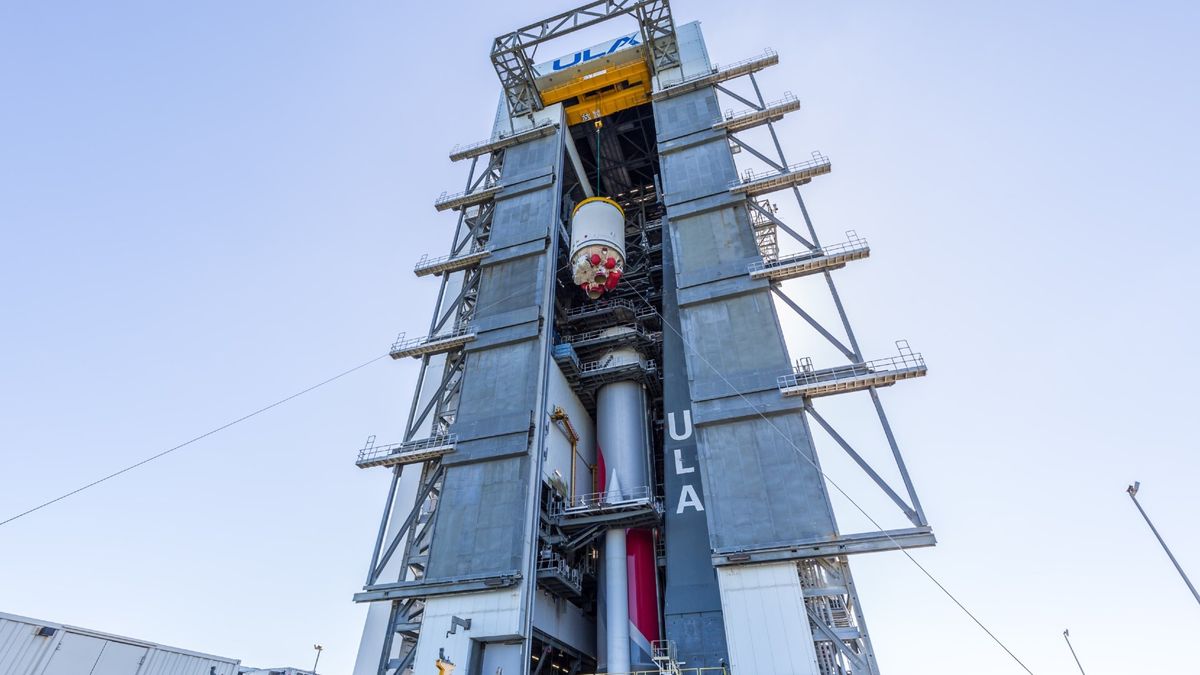Intuitive Machines, a Houston-based company, has announced a delay in the launch of its first lunar lander to mid-February. This decision comes in collaboration with their launch provider, SpaceX. The delay is attributed to unfavorable weather conditions, resulting in shifts in SpaceX’s launch schedule.
Key Takeaway
Intuitive Machines, in coordination with SpaceX, has rescheduled the launch of its lunar lander to mid-February due to specific mission requirements and launch infrastructure constraints. The company remains focused on its goal of lunar access and revenue generation from its space services.
New Launch Window and Mission Profile
The new launch window, set for mid-February, is a month later than the original January 12-16 window. This delay is primarily due to the specific mission profile of Intuitive Machines’ Nova-C spacecraft, which is aiming to land near the lunar south pole. The landing requires specific lighting conditions that are only present for a few days each month.
Additionally, the company faces constraints related to launch infrastructure availability. The lunar lander must launch from a specific site at NASA’s Kennedy Space Center, Launch Complex 39A, as it needs to be fueled with oxygen and methane propellants prior to launch. This pad is the only one equipped with a tower to facilitate the lander’s fueling process.
Implications and Future Plans
The delay in the launch window will have negligible effects on Intuitive Machines’ overall plans. The company remains committed to making lunar access a key aspect of its business. It is worth noting that Intuitive Machines is part of NASA’s Commercial Lunar Payload Services (CLPS) program, aiming to deliver scientific and research payloads to the lunar surface.
Despite the delay, Intuitive Machines is steadfast in its mission to generate revenue from its lander services, with an expected revenue of $279 million from these services alone next year. The company is also diversifying its business segments to include orbital services such as satellite servicing and refueling, data services for the moon, and the sale of other space products.

























